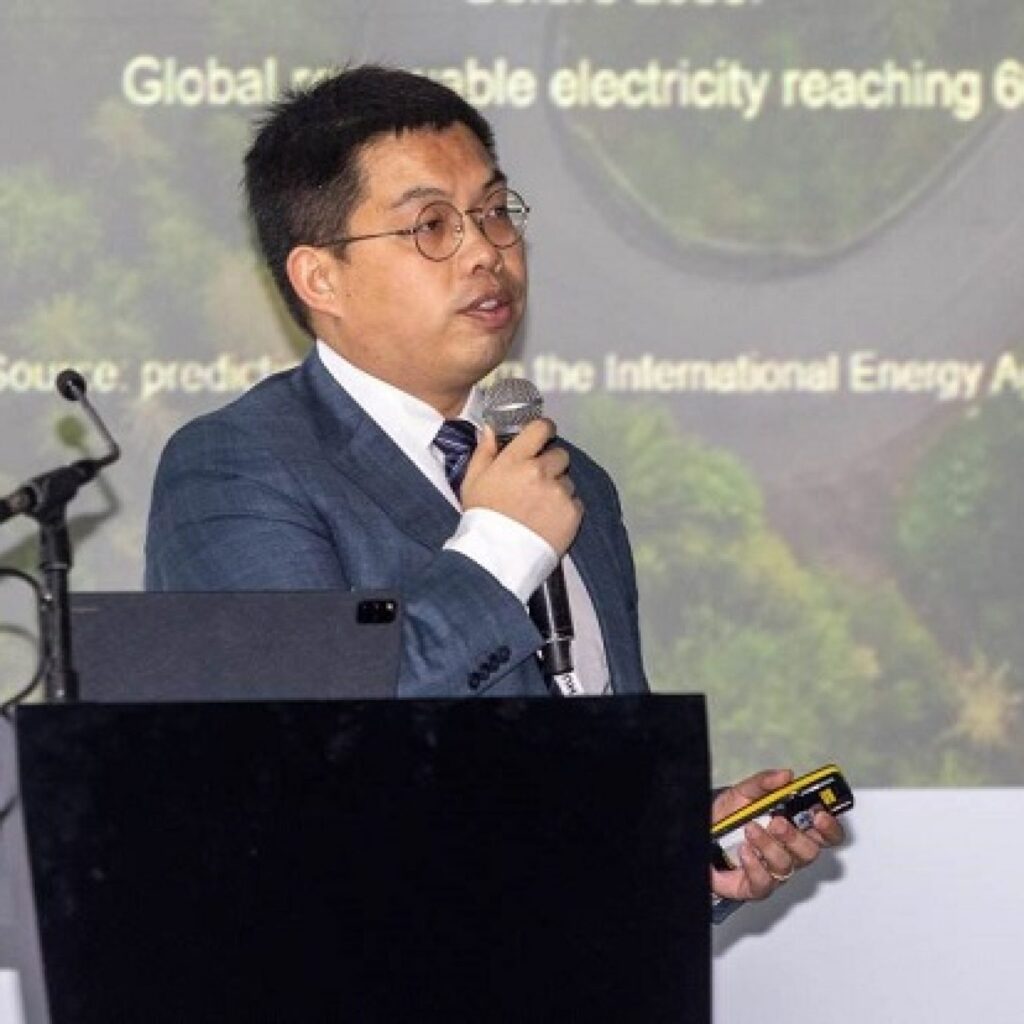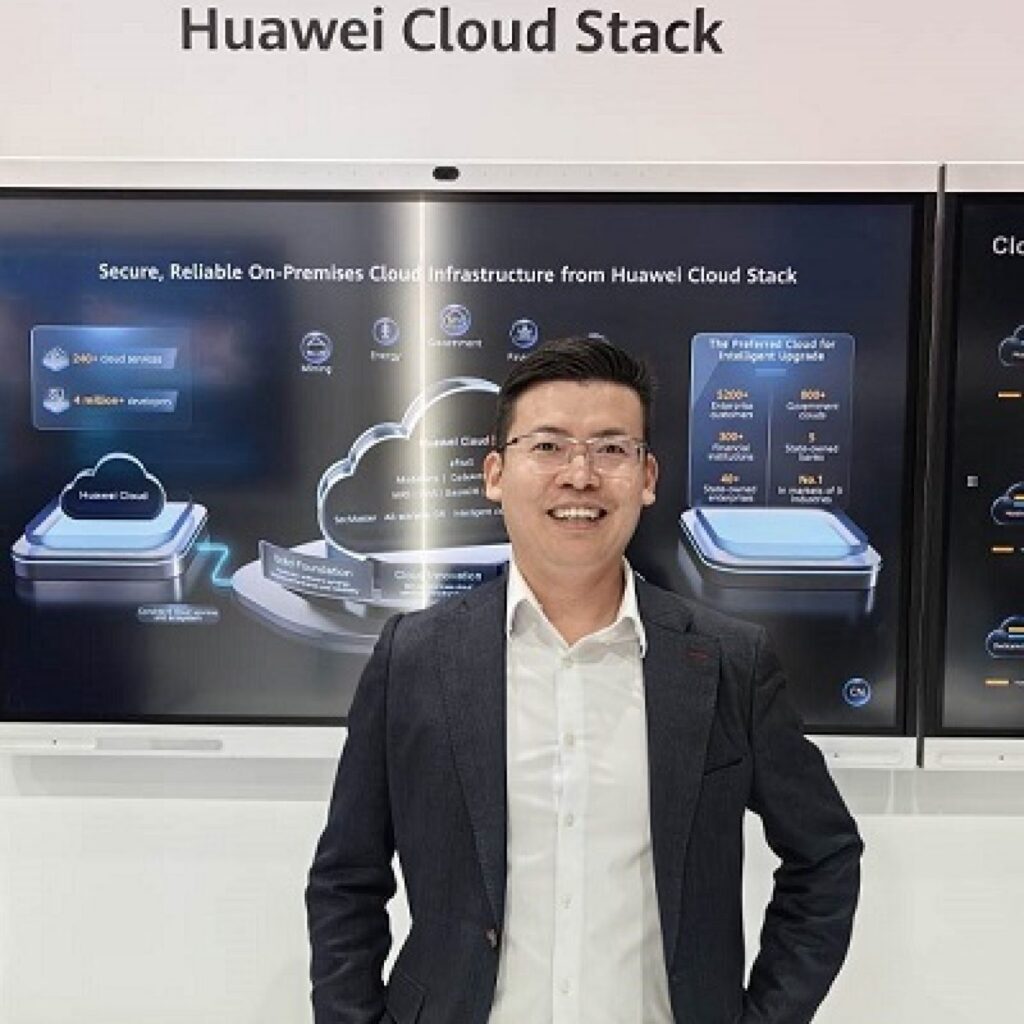The 2024 Pan-African DataCentres Exhibition and Conference was held this week at the Sandton Convention Centre.
The event brought together nearly 3,000 global data centre energy clients, along with 120 integrators, consulting firms, and industry associations. Attendees shared cutting-edge technologies, industry insights, and showcased innovative cases.
Huawei played a significant role in the conference, presenting their latest perspectives and solutions for data centre development as Africa transitions into the intelligent era. Their contributions covered topics such as data centre investment, planning, construction, servicing, and solutions.
Huawei also engaged with experts from prominent consulting firms and industry associations to discuss the creation of a data centre industry exchange platform in Africa. They provided insights on the layout of data centres across the continent, aimed at helping carriers lead in the AI era, and maximizing the benefits of data centres, IT, Huawei Cloud, digital energy, and Huawei’s green full-stack data centre solutions.
As innovation accelerates towards a smarter world, data centres are emerging as crucial infrastructure that will bring numerous opportunities and challenges. They enable storage and networking capabilities that drive technologies like AI, but also lead to increased energy consumption. The future of data centres will require advancements in cooling systems and energy efficiency to reduce their environmental impact.
Regarding the theme of green digital infrastructure and advancing intelligence in Africa, Hong Cui, Director of Data Centre Integration at Huawei’s Solution Sales Department, stated, “Huawei recognizes the challenges of data centre construction in Africa and addresses them through our core principles: rapid construction, adaptable cooling, green energy supply, and top-tier security.”

Huawei’s infrastructure includes FusionBlock, disaster recovery management, operational support, and data migration capabilities. “Our comprehensive data centre service solution helps clients and partners lay a strong foundation for the intelligent era, making efficient use of energy to support more sustainable computing power,” Cui added.
With the rapid development of large AI models, there is a growing demand for computing power and data generation. As a result, data has become a critical asset for enterprises.
To assist customers in creating intelligent, secure, and eco-friendly data centres, Huawei introduced its innovative F2F2X infrastructure architecture (from flash memory to flash memory to anything), covering primary storage, backup, and archiving. This solution provides a range of options for building reliable storage facilities that ensure rapid data access and efficient usage.
AI is transforming numerous industries, with cloud technology playing a crucial role in making AI pervasive. In this context, cloud platforms become a strategic core for digital business. Cui noted that Huawei Cloud offers various cloud migration solutions, including public cloud, hybrid cloud, and edge cloud, to cater to diverse customer needs. “Additionally, we provide local cloud services in South Africa, Egypt, and Nigeria, allowing customers in these regions to access the cloud with optimal performance and security compliance,” he said.
In his keynote speech, “+AI: Shaping the Future of a Digital Africa,” Roc Bai, Vice President of Huawei Cloud Southern Africa, commended the advancements made by African enterprises in developing innovative fintech solutions. However, he highlighted the ongoing challenges related to expanding access to digital solutions, such as internet service interruptions and difficulties with cloud accessibility.
Bai proposed solutions including “establishing comprehensive cloud infrastructure across the continent, developing hybrid solutions that ensure reliable data localization, and building a cloud industry that caters to specific industry needs.”

In his presentation, Bai demonstrated Huawei’s advanced cloud stack and GaussDB, an enterprise-grade distributed database that delivers scalable performance tailored to African businesses’ needs.
He also highlighted Huawei’s AI capabilities with the Pangu AI models, which provide specialized solutions for various sectors including mining, smart city management, and precise weather forecasting.
Bai emphasized Huawei’s dedication to partnering with customers and ecosystem collaborators to advance sustainable development. “In the AI era, our goal is to help customers enhance their technological prowess and innovate solutions to address pressing issues,” he said.
Huawei envisions a crucial role in laying the groundwork for secure and reliable computing in the intelligent computing era. Bai concluded that as AI becomes more integral to African industries, Huawei will ensure the availability of smart and eco-friendly cloud services to drive the digital economy forward.


